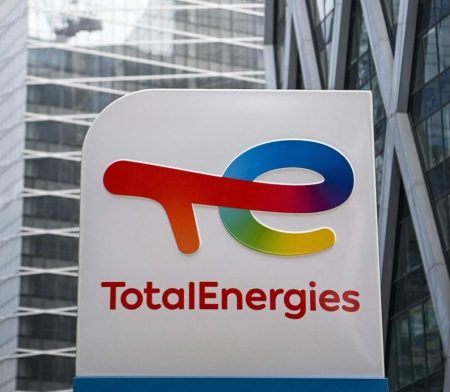 14 January 2014, Lagos – The Managing Director and Chief Executive Officer of the Nigeria LNG Limited, Mr. Babs Omotowa has restated the commitment of the company to ensure availability of Liquefied Petroleum Gas (LPG), popularly called cooking gas in the Nigerian domestic market.
14 January 2014, Lagos – The Managing Director and Chief Executive Officer of the Nigeria LNG Limited, Mr. Babs Omotowa has restated the commitment of the company to ensure availability of Liquefied Petroleum Gas (LPG), popularly called cooking gas in the Nigerian domestic market.
Speaking during the recent sailing off of the company’s 3,000th cargo, Omotowa said before the company commenced operations in 1999, about 75 percent of the 2.6 billion cubic feet of associated gas produced by oil companies operating in Nigeria was flared.
He said with the commencement of operations by the company, the trend had changed, as the company currently converts over four trillion cubic feet of associated gas to liquefied natural gas (LNG) and natural gas liquids (NGLs) for both export and domestic uses.
The NLNG boss said in doing this, the company had positively impacted on the country’s gas flaring status, thereby helping to improve the environment while converting a previously wasted resource into wealth for the nation.
According to him, the company has also set aside about 250,000 tonnes of cooking gas yearly for the Nigerian domestic market, adding that the intervention of the company in the supply of cooking gas since 2008 had helped re-invigorate the cooking gas value chain with increased investments and job creation.
“Through economic empowerment, entrepreneurship development programmes, support for Nigerian Content, capacity building for local industries, and sustainable community development, NLNG continues to use Nigeria’s gas resources to help diversify the economy and deliver benefits to the country,” he said.
He said that within its first ten years of operation, NLNG Limited had established a global reputation for being a reliable supplier.
“We have also maintained plant reliability level of 97 percent, considered to be a remarkable accomplishment in a challenging environment, thereby projecting NLNG as an inspirational business model for Nigeria,” he said, adding that NLNG’s 24 LNG carriers constituted by far the largest shipping fleet in the country.
He identified the company’s near term expansion plans to include construction of a seventh train to complement the existing six train structure, which when in operation will up the company’s total production capacity to 30 million tonnes per annum (MTPA) of LNG and potentially increase Nigeria’s supply of world LNG demand to 10per cent.
NLNG is owned by four shareholders, namely, the Federal Government of Nigeria, represented by the Nigerian National Petroleum Corporation, NNPC (49per cent), Shell Gas BV, SGBV, (25.6per cent), Total LNG Nigeria Limited (15per cent), and Eni International (N.A,) N. V. S. a. r. l (10.4per cent).
– Ejiofor Alike, This Day



